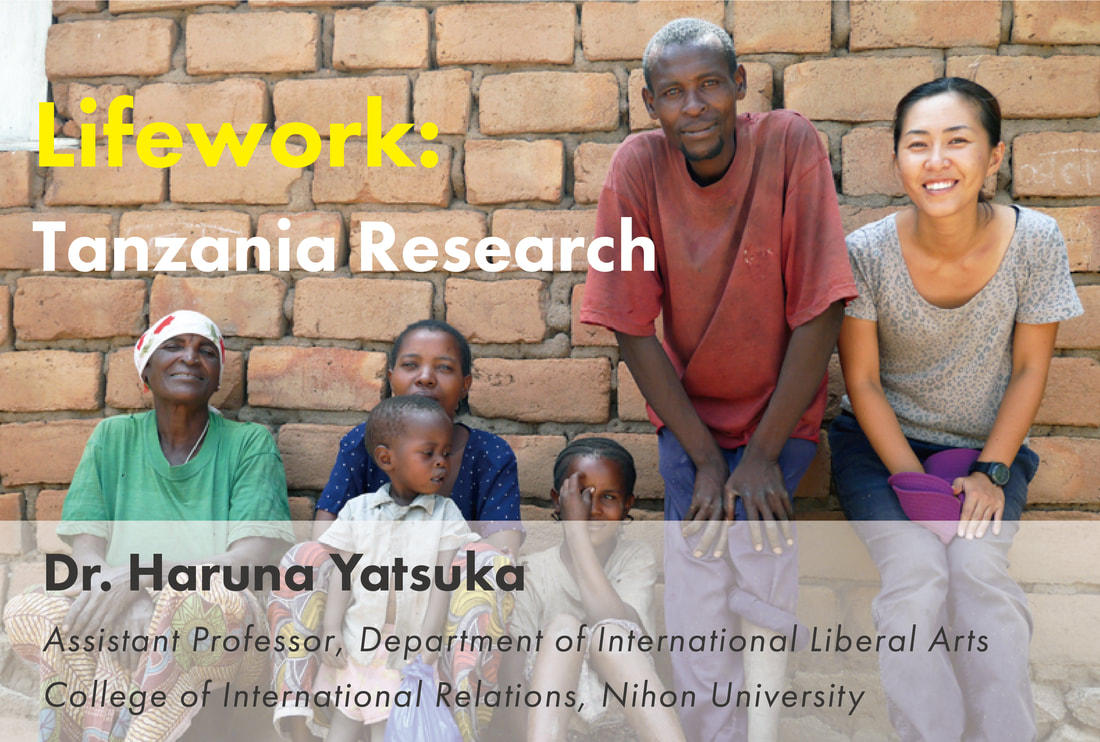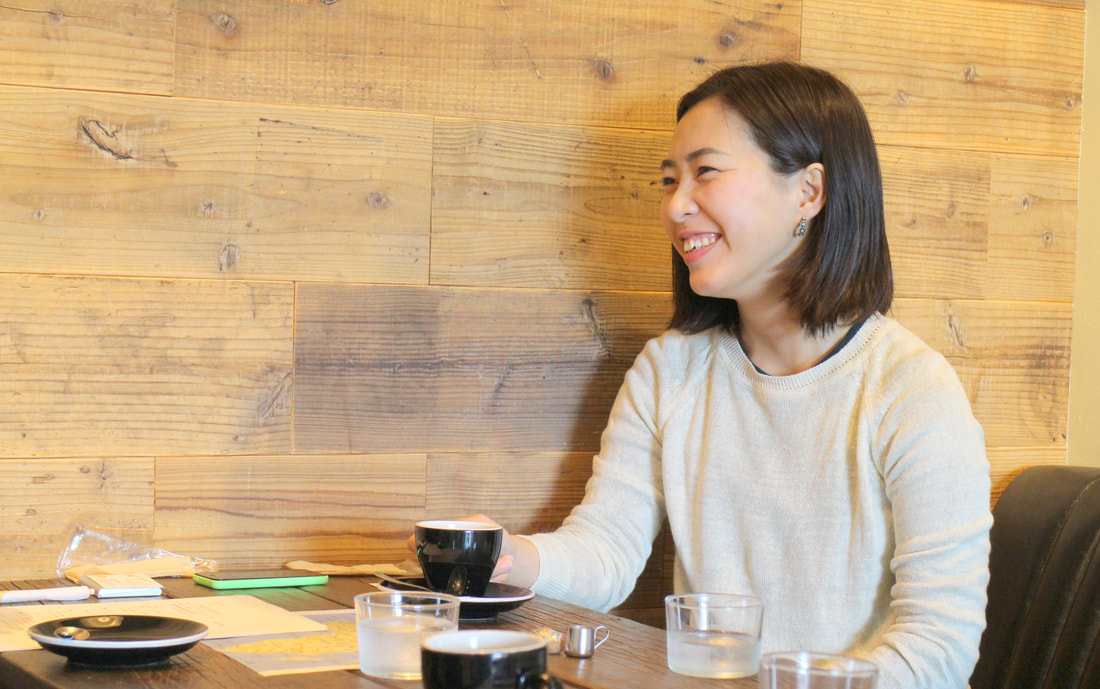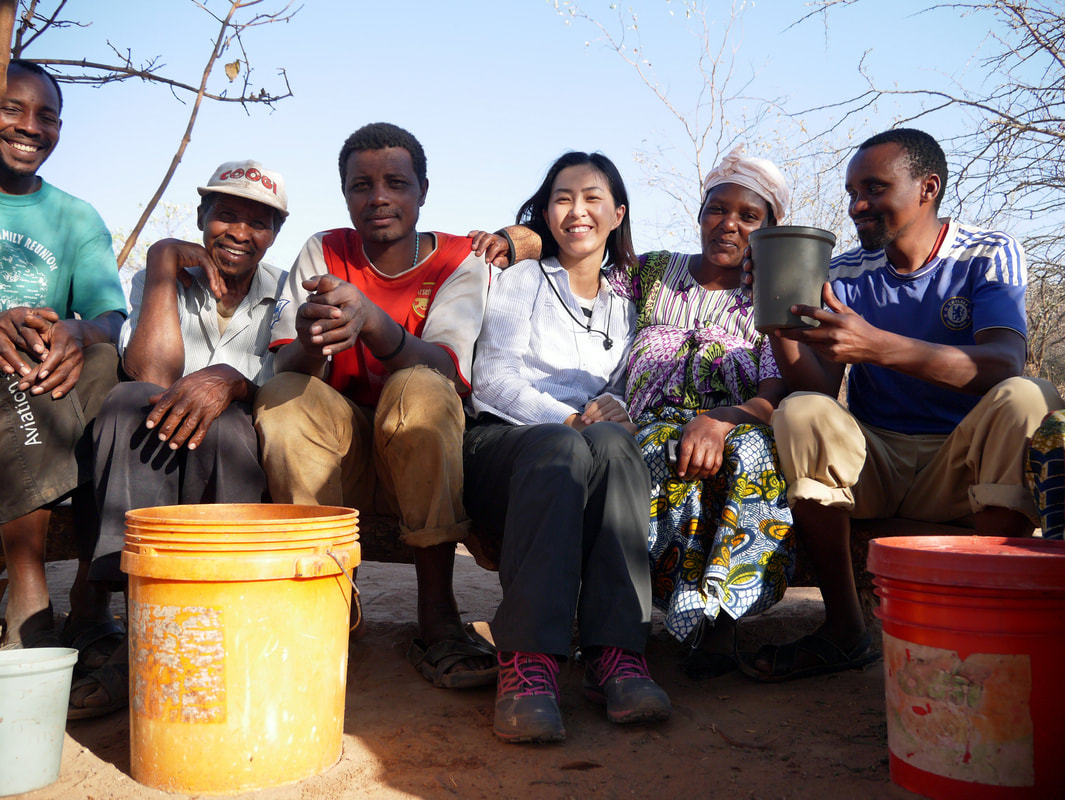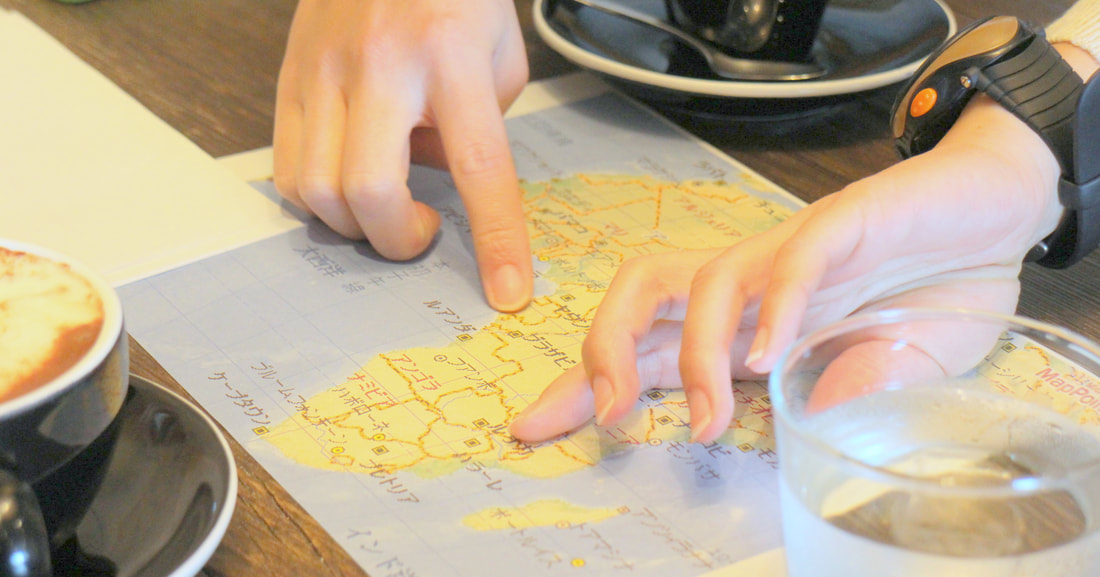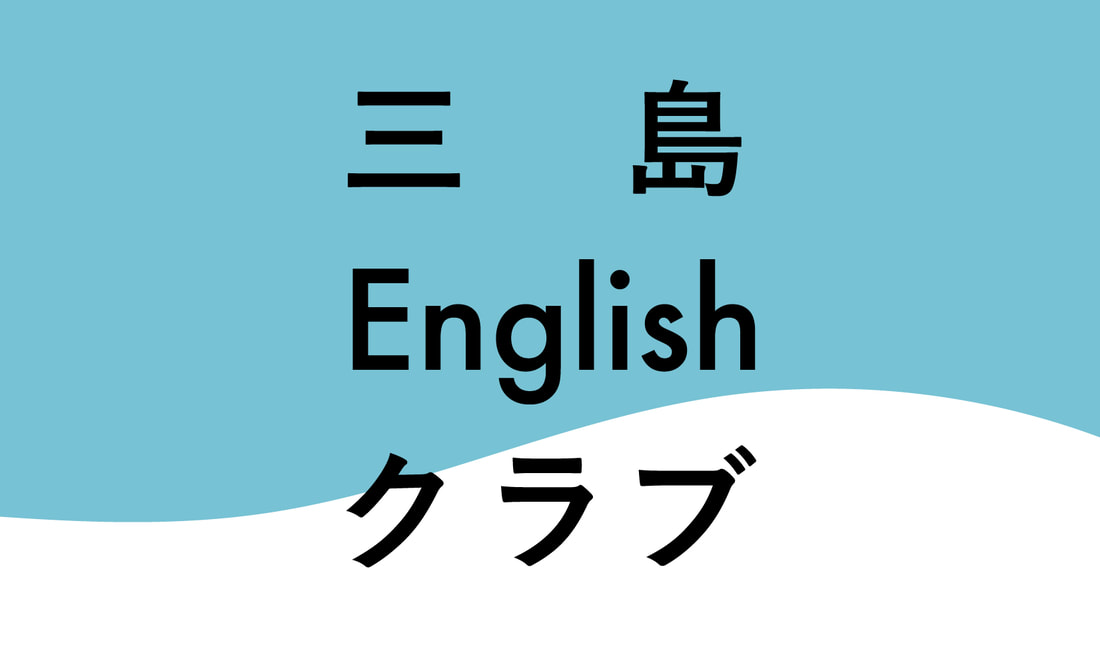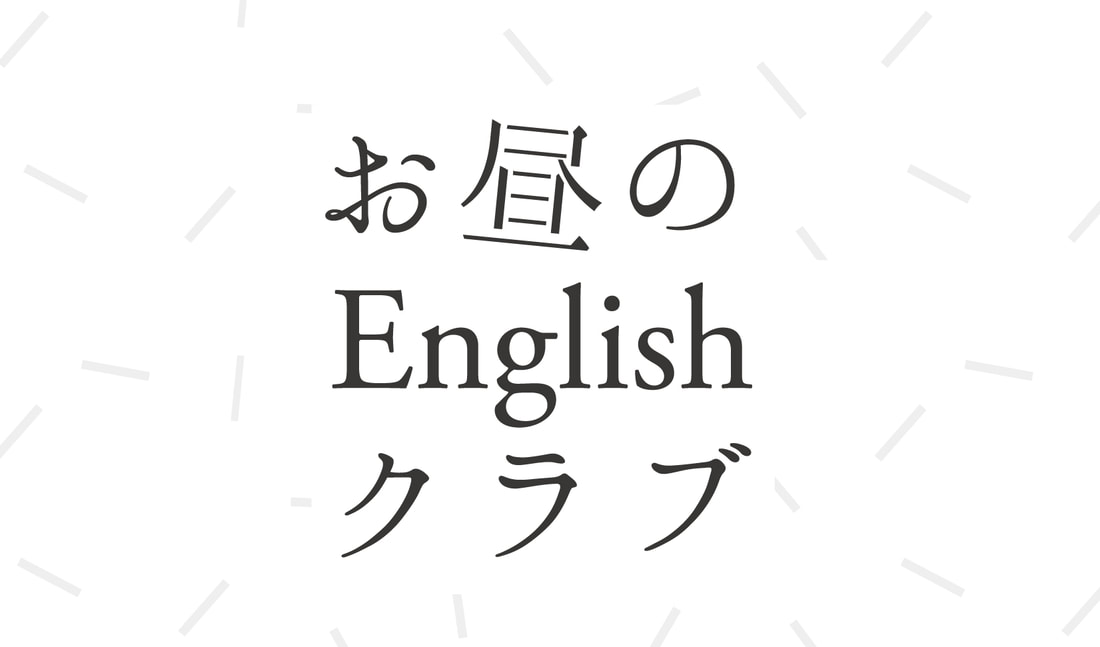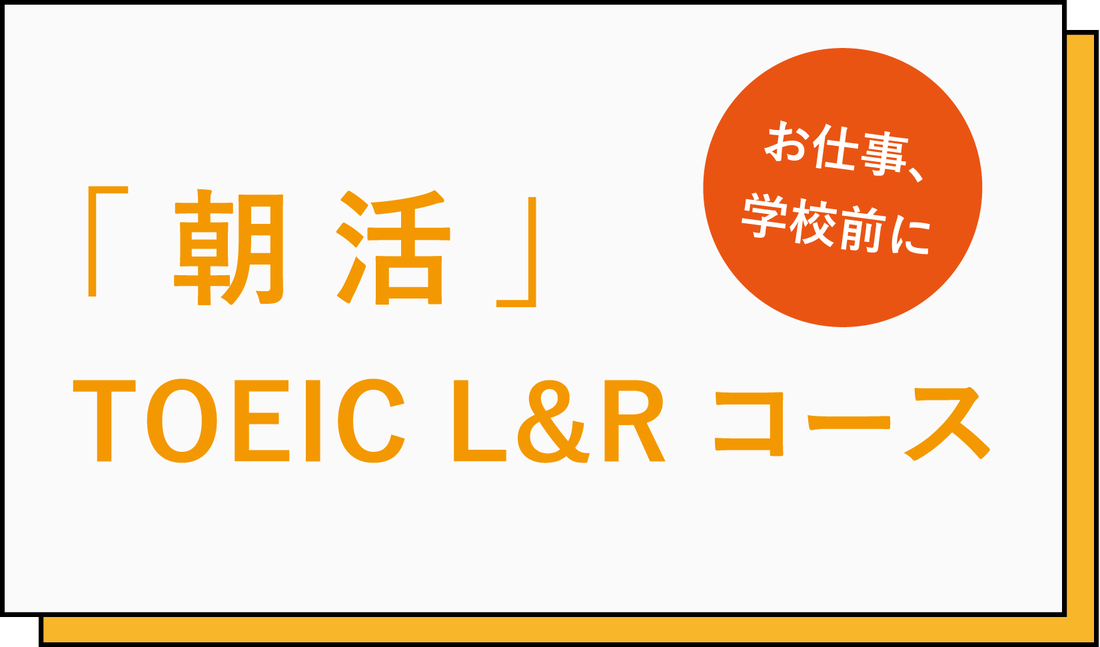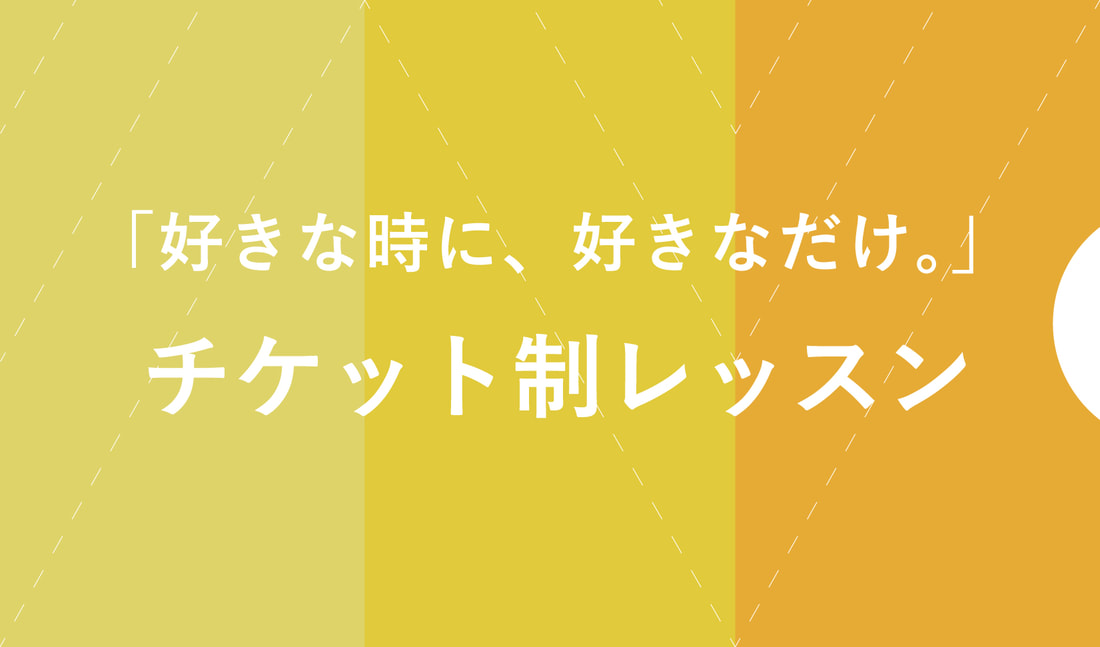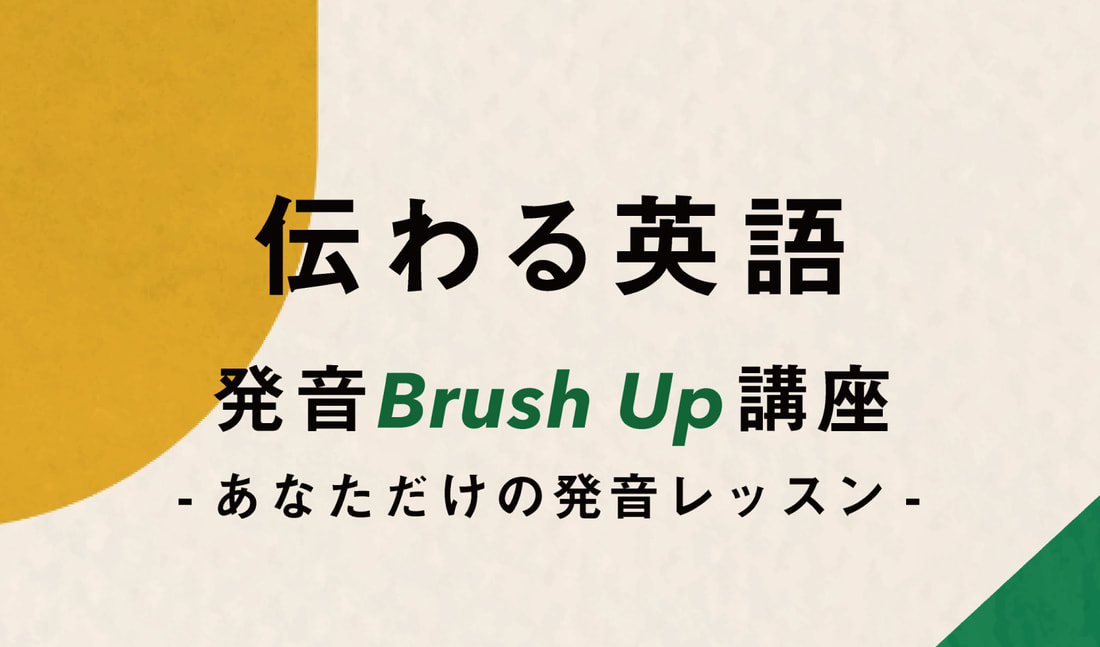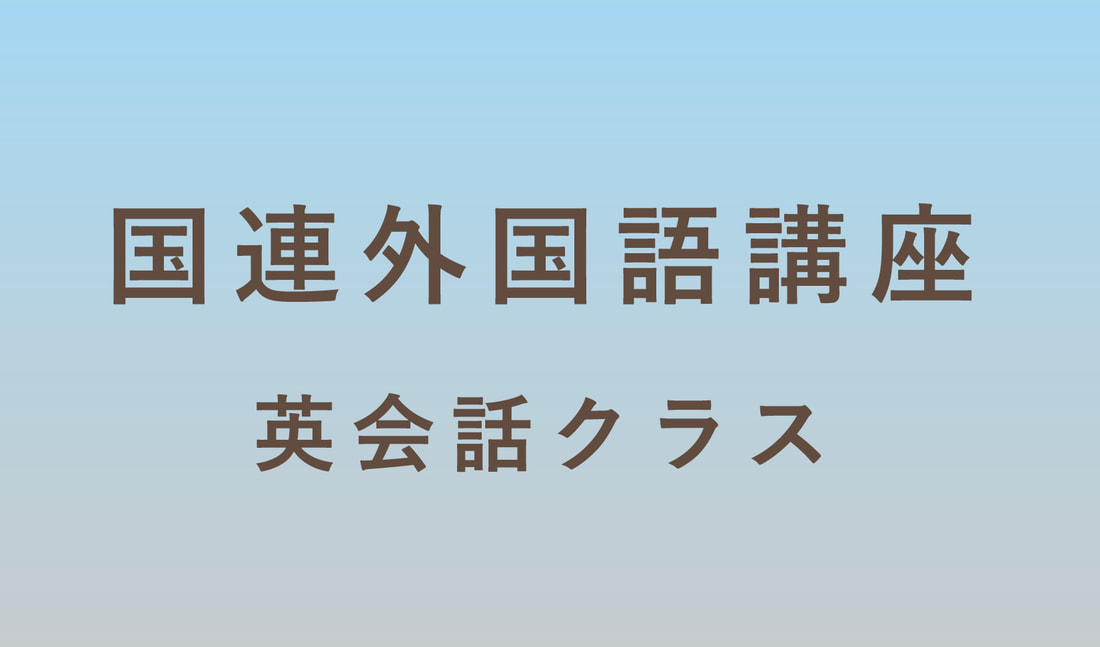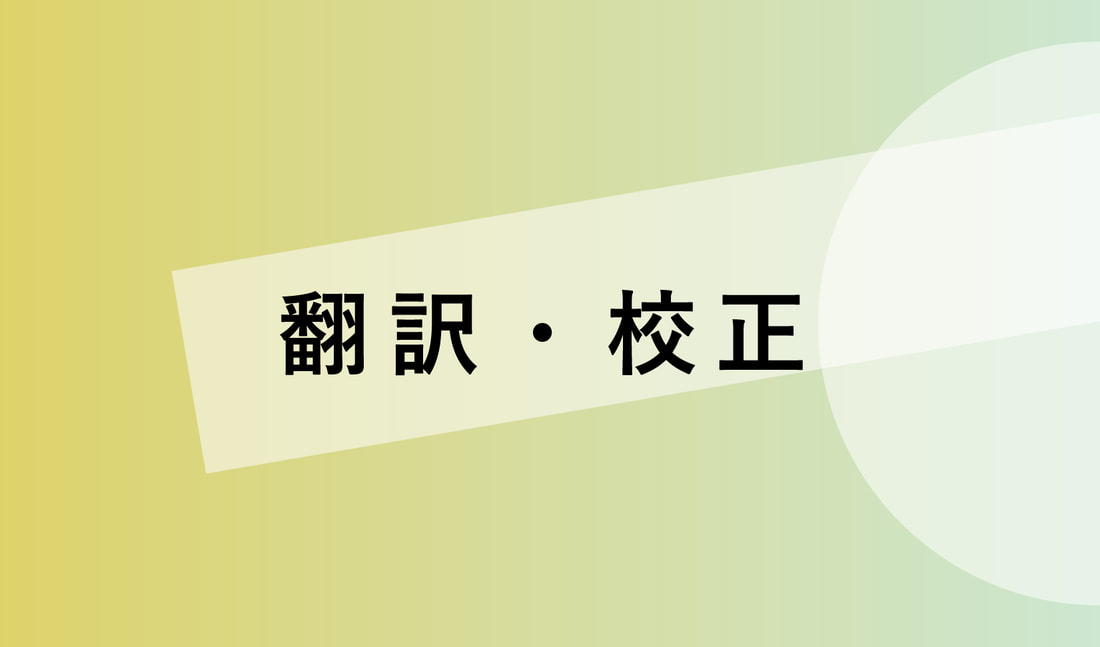I had always wanted to study zoology, and that’s when I joined the Department of Agriculture at university. In particular, I was drawn to wildlife, and as there was no wildlife research lab, I decided to study agricultural ecology. My professor during my senior year specialized in the research of weeds. He was fascinating to talk to, and I ended up writing my thesis on a weed known as poison darnel (Lolium temulentum).
It’s not really in my personality to stay cooped up in a research lab doing experiments. I realized during graduate school that I needed to be out in the field. One of the people I spoke to about my ideas and my plans for the future just happened to be a specialist on Africa. I remember him saying to me “Have you thought about Africa? If you’re interested, I know a great graduate program for you”. I would have to say that my interest in Africa is because of him and his guidance.
Even after I started grad school, I wasn’t really sure which country I wanted to go to so I just started talking to people. There was one professor researching Tanzania, and the stories were fascinating, and I thought, well I guess I’ll start there.
Swahili is Tanzania’s official language and I couldn’t speak a word of it when I arrived my first time. Just after I arrived, I was introduced to a local teacher who gave me ten days of lessons in Swahili. I was able to get a grasp on the grammar but still couldn’t speak.
--Not being able to speak the local language, how did you start with your research?
I spent all my time collecting plant specimens. Then, I’d take them and show them to my neighbors and ask them what they were called in Swahili and how were they used. In that way, I learned so much and gradually, I picked up Swahili.
The first Swahili I learned was “mimi ni Haruna.” It doesn’t exactly translate well to Japanese, but it’s along the lines of “I’m Haruna.” One day, I had to communicate “I’ve got a stomach problem. I think it was because of the water.” That was the day I learned the word “diarrhea” in Swahili. And that is how I learned the language – by necessity and from actually using it to communicate. Of course there are still many basic words that I don’t know, but thankfully, my vocabulary of plant and food names is fairly extensive.
That is a good point, but from their point of view, why go through all the trouble to grow food when it grows just fine by itself? It’s actually very efficient. This same way of thinking exists in Japan as well, like heading out to hunt horsetail (Equisetum) shoots around rice fields or bracken and fiddleheads (Pteridium) in the mountains. I think the only difference is that their dependence on gathering food is much higher.
One thing that is quite different in Tanzania from Japan are the human relationships in society at large. In Japan for example, returning to society after just a single brush with the law can be very difficult to do. That is completely not the case in Africa. Even if you do something bad and go to jail, when you get out, everyone accepts you back as if nothing has changed. It’s as simple as “welcome back.” I felt that that such a welcoming and forgiving society, where one’s bad choices and mistakes are not the end of the world, is a positive thing.
If you were to actually go and visit Africa, you would learn a great deal about all the positive aspects of Africa. However, people here in Japan just do not realize this. We established AFRIC Africa to get this message out.
We do this by organizing lectures, talks and photo exhibitions on Africa, and we all write essays about our time spent living in various African countries.
NPO AFRIC Africa
http://afric-africa.vis.ne.jp/english.htm
- If you weren’t teaching and doing your research in Africa, what do you think you would be doing?
I have actually thought about becoming an “Ama-san” (literally a “sea woman”, a traditional female fisher who dives without the use of air tanks or scuba equipment). - If you could give your past or future self a message, what would you say?
When I am older, and can’t get around so well, and if I were not able to go to Africa, I would still want to do similar fieldwork here in Japan. I want to continue working out in the field. I really enjoy watching people and seeing how they incorporate nature into live their lives. - Do you have a special place where you like to relax and come up with ideas?
I would have to say when I am riding my bike!
- A Study on Changes in Environmental Use Associated with Social Changes Among the Sandawe Post-Hunter-Gatherers in Tanzania (Kyoto University Africa Research Series)
2003 - Graduated Kyoto University (College of Agriculture,Department of Bioresource Science)
2003 - First visit to Africa (October)
2011 - Acquired PhD, Kyoto University Graduate School of Asian and African Area Studies
2014 - Moved to Mishima (April)
With more than a dozen trips to Tanzania, Dr. Yatsuka is sharing her experiences and bringing Tanzania closer to us here in Japan through the AFRIC Africa non-profit organization.
NPO AFRIC Africa
http://afric-africa.vis.ne.jp/english.htm
Interview by Miki Shiomichi / Photography by Haruna Yatsuka, Miki Shiomichi and James Molloy
English Translation by John Freeman, James Molloy
< New post | Old post >
